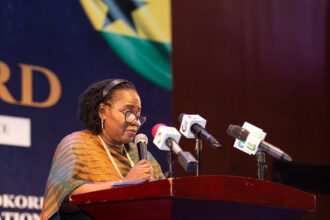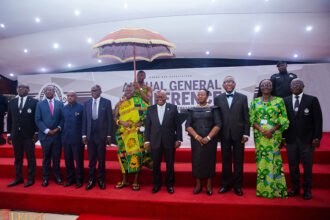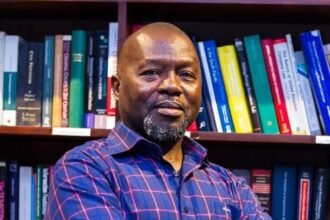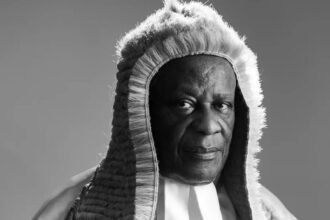
On April 9, 2025, an Accra High Court brought finality to one of the most high-profile and politically sensitive criminal prosecutions in Ghana’s Fourth Republic. The court upheld a submission of no case filed by counsel for James Gyakye Quayson, the Member of Parliament for Assin North, acquitting and discharging him of all charges stemming from allegations of false declarations, perjury, and deceit of a public officer.
This decision marks a significant turning point in a legal saga that has traversed both the civil and criminal jurisdictions of Ghana’s courts, centred on the intersection between citizenship, political rights, and constitutional allegiance.
Background to the Case
James Gyakye Quayson was elected Member of Parliament for Assin North in the 2020 general elections on the ticket of the National Democratic Congress (NDC). Following his election, a resident of the constituency challenged the validity of his nomination and subsequent election, alleging that at the time of filing his nomination, Mr. Quayson remained a citizen of Canada, contrary to Article 94(2)(a) of the 1992 Constitution, which prohibits persons owing allegiance to another country from serving as Members of Parliament.
This civil action culminated in a 2021 ruling by the Cape Coast High Court declaring the election null and void, which was later affirmed by the Supreme Court in 2023. Despite this, Mr. Quayson retained strong popular support, and upon the conduct of a by-election, was re-elected to Parliament with an increased margin.
While the civil aspect was settled, a parallel criminal prosecution was launched by the Attorney-General, leading to multiple charges including perjury, knowingly making a false declaration for office, and deceit of a public officer — all anchored on the premise that Mr. Quayson allegedly misrepresented his nationality status to the Electoral Commission.
The Ruling of the High Court
Presided over by Justice Mary Maame Ekue Yanzuh, the High Court held that the prosecution failed to make a prima facie case warranting the accused to be called upon to open his defence. In upholding the submission of no case, the judge delivered a nuanced judgment addressing each of the key allegations.
- On the Passport and Canadian Citizenship
The prosecution had relied heavily on Mr. Quayson’s possession and use of a Canadian passport as evidence that he owed allegiance to a foreign country. However, the judge found inconsistencies in the prosecution’s evidence, thereby weakening the probative value of that claim.
More critically, the court drew a distinction between citizenship and allegiance, a matter which has generated considerable constitutional and academic debate. The judge noted that while citizenship is a legal status governed by statutory and constitutional provisions, allegiance may not always follow as a necessary legal consequence. The court held that Mr. Quayson had initiated the process to renounce his Canadian citizenship well over ten months prior to the election — a timeline the court deemed sufficient to negate any finding of continued allegiance to Canada.
- On the Statutory Declaration and Alleged False Representation
Another central count related to the statutory declaration filed by Mr. Quayson as part of his nomination documents. The prosecution argued that this declaration — which affirmed his qualification to stand as a candidate — was knowingly false. The judge disagreed, holding that once Mr. Quayson had taken affirmative steps to renounce his Canadian citizenship, and had done so in substance before the election, the declaration could not be said to be false to the criminal standard of proof.
- On Perjury and Deceit of a Public Officer
The court also dismissed the charge of perjury, finding that the elements of the offence had not been satisfied. The evidence adduced failed to establish that Mr. Quayson wilfully made a false statement under oath with the intent to mislead. As with the other counts, the court noted the prosecution’s failure to prove the charges beyond a reasonable doubt.
Legal and Political Implications
The decision will no doubt re-ignite discussion about the constitutional interpretation of allegiance, particularly under Article 94(2)(a), and its application in an era of increasing dual citizenship. While the Supreme Court has taken a more rigid textualist approach in civil matters, the High Court’s ruling in the criminal context appears more purposive, weighing intent and substance over form.
Politically, this acquittal is a victory for Mr. Quayson and the NDC, vindicating his long-standing assertion that he did not mislead the state or violate the law. It also reaffirms the fundamental evidential principle that the burden lies on a prosecution to prove its case beyond reasonable doubt and not on the accused to prove innocence. For, under the Article 19(2) of the 1992 Constitution of Ghana, everyone is entitled to be presumed innocent until otherwise proven by any prosecution to the required standard.











